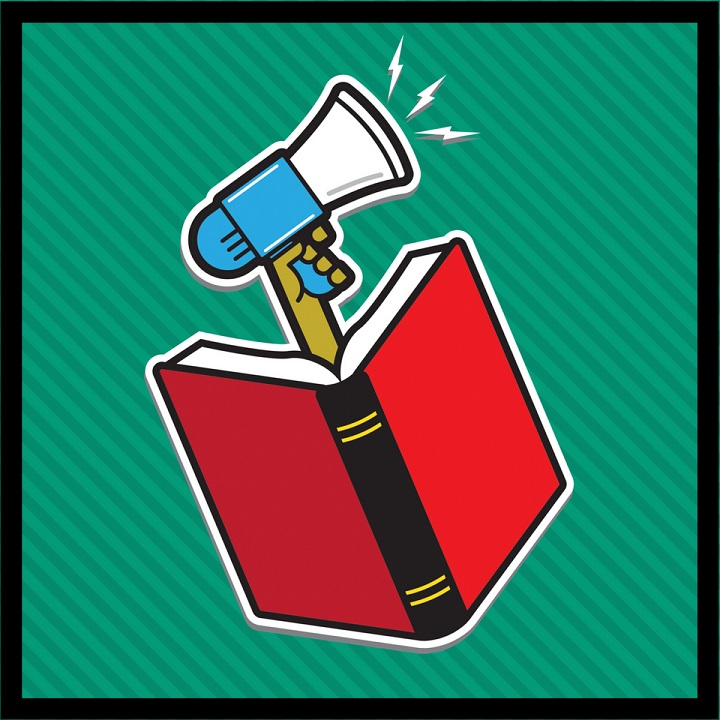 It’s Banned Books Week! Every year the American Library Association promotes a campaign to raise awareness of the freedom we have to read what we want to read. In the past, Topsham Public Library has highlighted banned books that we like to read or that have been challenged, but this year, I thought it would be nice to share a brief history of how the Banned Books Week Campaign got its start.
It’s Banned Books Week! Every year the American Library Association promotes a campaign to raise awareness of the freedom we have to read what we want to read. In the past, Topsham Public Library has highlighted banned books that we like to read or that have been challenged, but this year, I thought it would be nice to share a brief history of how the Banned Books Week Campaign got its start.
The following is from the American Libraries Magazine article written in 2017 titled “50 Years of Intellectual Freedom,” written by Office for Intellectual Freedom (OIF) staff celebrating the office’s anniversary.
“Banned Books Week was launched in the 1980s, a time of increased challenges, organized protests, and the Island Trees School District v. Pico (1982) Supreme Court case, which ruled that school officials can’t ban books in libraries simply because of their content.
Banned books were showcased at the 1982 American Booksellers Association (ABA) BookExpo America trade show in Anaheim, California. At the entrance to the convention center towered large, padlocked metal cages, with some 500 challenged books stacked inside and a large overhead sign cautioning that some people considered these books dangerous.
Drawing on the success of the exhibit, ABA invited OIF Director Judith Krug to join a new initiative called Banned Books Week, along with the National Association of College Stores. The three organizations scrambled to put something together by the September show date and ended up distributing a news release and a publicity kit, hoping that with their combined membership of 50,000 people, they could continue to spark a conversation about banned books.
The initiative took off. Institutions and stores hosted read-outs, and window displays morphed into literary graveyards or mysterious collections of brown-bagged books. Major news outlets such as PBS and the New York Times covered the event, and mayors and governors issued proclamations affirming the week.
ALA is currently part of a national coalition to promote Banned Books Week, along with 14 other contributors and sponsors. Krug led the Banned Books Week efforts as OIF director until her unexpected death in 2009. Her legacy lives on in the Freedom to Read Foundation’s Judith F. Krug Memorial Fund, a grant awarded to nonprofits to host Banned Books Week events.
Today, Banned Books Week coverage by mainstream media reaches an estimated 2.8 billion readers, and more than 90,000 publishing industry and library subscribers. The Banned Books page remains one of the top two most popular pages on the ALA website.”
Every time you visit Topsham Public Library you are practicing your right to read what you want. Stop on by and pick up your next read!
